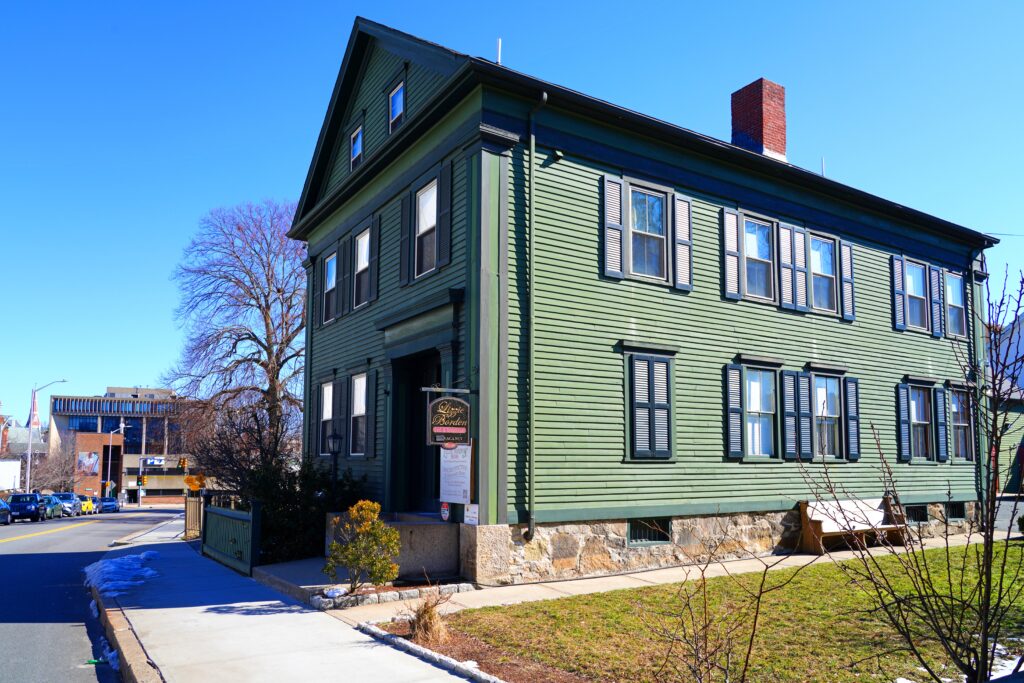Lizzie Borden, born in 1860, is a figure shrouded in mystery and intrigue, primarily due to her association with the gruesome axe murders of her father and stepmother, Andrew and Abby Borden, in Fall River, Massachusetts, on August 4, 1892. This case garnered immense attention due to the brutality of the murders and the societal position of the Borden family.
Lizzie, being the prime suspect, was arrested and charged with the double homicide. The subsequent trial began on June 5, 1893, and was a media sensation. Lizzie’s defense team, led by former Massachusetts Governor George D. Robinson, argued that there was no physical evidence linking Lizzie to the crime, and presented her as a modest, virtuous woman, which was contrary to the prosecution’s portrayal of her as a cold-blooded killer.
Several factors played a role in Lizzie’s acquittal. The jury was likely influenced by the prevailing Victorian era societal norms, which made it difficult for them to believe that a woman of Lizzie’s background could commit such a violent act. Additionally, the prosecution was unable to provide a clear motive, a reliable eyewitness, or direct evidence linking Lizzie to the murders. Furthermore, forensic investigation techniques at the time were rudimentary, and the Borden house was not properly secured as a crime scene, allowing for contamination of evidence.
On June 20, 1893, the jury returned a verdict of not guilty. Lizzie Borden was acquitted and released. The verdict was highly controversial, and to this day, speculation surrounds the case. Lizzie Borden’s acquittal remains one of the most debated verdicts in American legal history, and her name is forever entwined with the unsolved mystery of the Borden family murders.
References:
https://guides.loc.gov/chronicling-america-lizzie-borden
https://www.britannica.com/biography/Lizzie-Borden-American-murder-suspect




